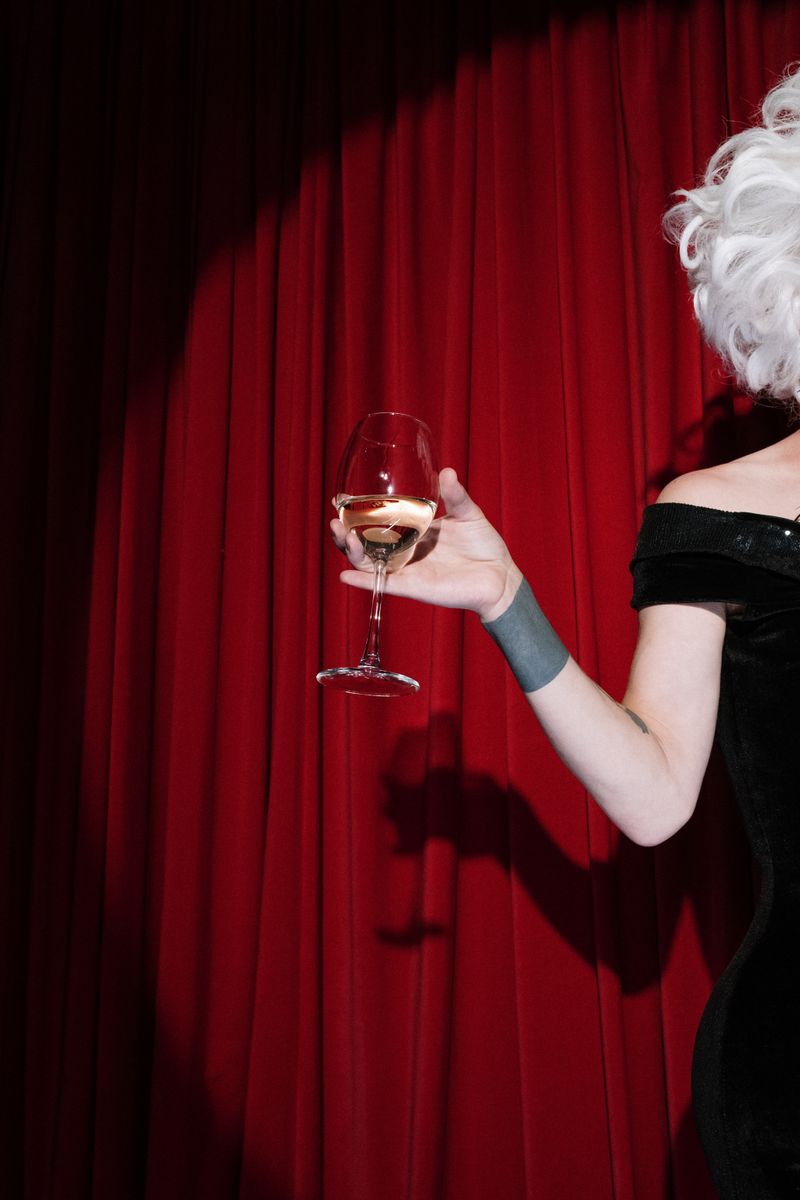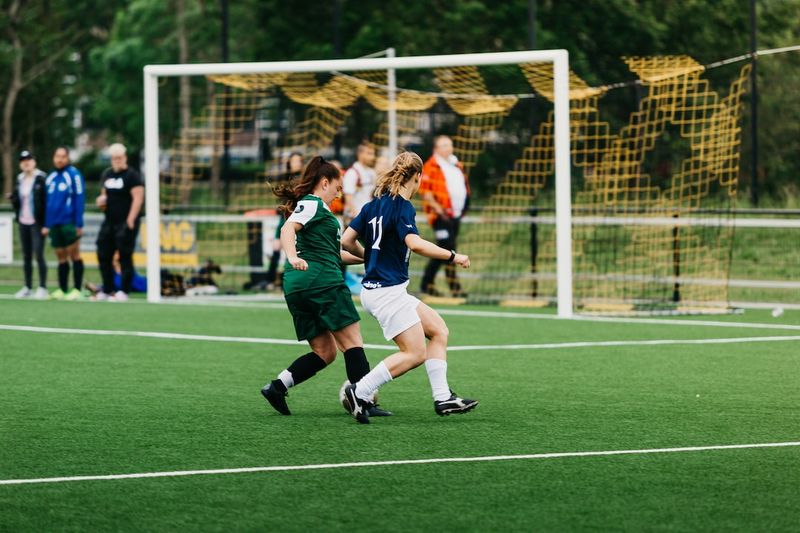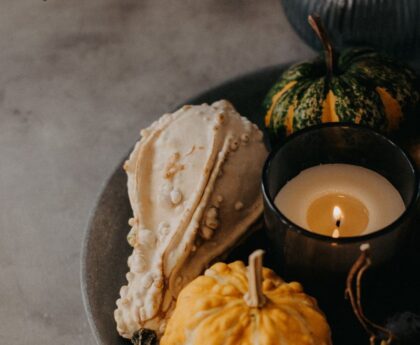Identity, Authenticity, and the Power of Naming
The Paradox of Stage Names
Stage names have long been a part of the entertainment industry, serving various purposes such as a rebranding strategy, protection of personal identity, or simply creating a memorable persona. Artists like Madonna, Lady Gaga, and Elton John have successfully built their careers around the power of their stage names, becoming synonymous with their music and image.
Doja Cat, the talented singer and rapper known for her chart-topping hits, has recently sparked a conversation about the importance of names and the boundaries between personal identity and creative alter egos. Born Amala Ratna Zandile Dlamini, Doja Cat has chosen to adopt a stage name that reflects her musical style and persona.
A Quest for Authenticity
In a world where social media connects artists and fans more closely than ever, there is a constant negotiation between maintaining authenticity and engaging with a global audience. Doja Cat’s recent Twitter outburst highlights the complexity of this dynamic.
In a tweet directed at a follower, Doja Cat expressed her discomfort with fans using her “government name” as their screenname, finding it “creepy.” This raises interesting questions about the boundaries between public personas and personal identities. Do celebrities surrender their right to privacy and personal boundaries when they step into the spotlight? Are fans entitled to claim ownership over an artist’s name and identity?
The Power of Naming and the Boundaries of Ownership
Doja Cat’s request for fans to refrain from using her full name as their screennames reflects her desire to control her public image and maintain a level of distance between her personal life and her artistic persona. It is a reminder that artists, despite their public profiles, deserve the agency to define their boundaries and shape their public image. However, the power dynamics between artists and fans complicate this matter.
Fans often play a vital role in an artist’s success, and many of them feel a sense of ownership and connection to their favorite performer. This can lead to the adoption of fan-created terms and nicknames as a way to build community and express admiration. However, as Doja Cat points out, this can cross a line when it becomes invasive or fan entitlement manifests itself.
The Art of Branding and Fan Cultures
Doja Cat’s frustration with fans who call themselves “kittenz,” a term she claims to have made up as an “alcoholic teen,” brings attention to the delicate balance between artistry and branding. The creation of fan cultures and the adoption of specific terms or symbols can enhance an artist’s brand, but only when it aligns with their intended image and message.
Artists have the right to shape their brand and establish the boundaries of their fan communities. While fans bring invaluable support to artists, there is a need for mutual respect and understanding of artistic intentions. It is essential to remember that artists are not obligated to embrace or endorse every term or action coming from their fan base.
Editorial: Navigating the Relationship Between Artists and Fans
Doja Cat’s tweets may have been deleted, but the conversation they sparked remains relevant. It is crucial for artists and fans alike to engage in thoughtful reflection on their relationships and the boundaries that should be respected. Here are a few considerations for both sides:
For Artists
- Define your boundaries: As an artist, it is important to establish clear boundaries between your personal life and your stage persona. Communicate those boundaries respectfully and firmly to your fans.
- Lead by example: Artists should remember that their actions and statements have a significant impact on their fan base. Approach fan interactions with empathy and considerate language.
- Engage positively: While artists have the right to express their discomfort, it is essential to find constructive ways to address concerns. Be mindful of how your words might affect your relationship with fans.
For Fans
- Show respect: Although fans have deep connections to their favorite artists, it is important to respect their boundaries and individuality. Remember that artists are multifaceted individuals, and navigating their public image can be complex.
- Acknowledge agency: Recognize that artists have the right to shape their brand and establish the limits of their fan communities. Respect their decisions and the terms they choose for themselves.
- Community building: Engage in positive fan cultures that align with the artist’s intended message. Focus on supporting the artist’s work rather than personal gratification through ownership over their identity.
Conclusion
The Doja Cat controversy sheds light on the complex relationship between artists and fans in the age of social media. It raises questions about the boundaries of personal identity, branding, and fan entitlement. It serves as a reminder that artists, despite their public personas, deserve respect and agency over their own names and identities.
Both artists and fans have roles to play in shaping healthy relationships that honor individuality, artistic expression, and mutual respect. Navigating these dynamics requires ongoing dialogue, empathy, and a recognition of the power dynamics at play. The Doja Cat incident should serve as an opportunity for reflection and growth for both artists and fans alike.

<< photo by cottonbro studio >>
The image is for illustrative purposes only and does not depict the actual situation.
You might want to read !
- “Unleashing the Claws: Doja Cat Takes on Fans Calling Themselves ‘Kittenz’ and Fan Pages”
- “Pop Star Doja Cat Faces Backlash for Rejecting Fan Nickname ‘Kittenz’ Ahead of New Album Release”
- Doja Cat Addresses Fan Accounts and “Kittenz” Moniker in Fiery Critique
- Futurama Returns with Uneven but Often Funny New Season on All Frontiers
- Futurama 2023: Reimagining a Classic for a New Generation
- Editorial Exploration: Examining the Foreshadowing Elements in Red’s Monologues
Output: “Analyzing Red’s Monologues: An Exploration of Foreshadowing”
- “The Haunting Echo of Red’s Monologue: Unraveling the Tragic Prelude to his Demise”
- Exploring the Reasons Behind the Departures of Katherine Heigl and Ellen Pompeo From Grey’s Anatomy
- Shaka Hislop’s Health Scare: Assessing the Impact on Sports Journalism
- The Retrospective Dilemma: John Stamos’ Contentious Relationship with “Full House”
- Jon Rahm Roars Up The British Open Leaderboard To Contend On Golf’s Grandest Stage
- From “Edward Felsenthal”:
“Twitter’s Bold Move: Rebranding to ‘X’ as Elon Musk Bids Farewell to Iconic Bird Logo” - Rebranding Rebellion: Elon Musk’s Bold Move to Replace the Twitter Bird with an ‘X’




